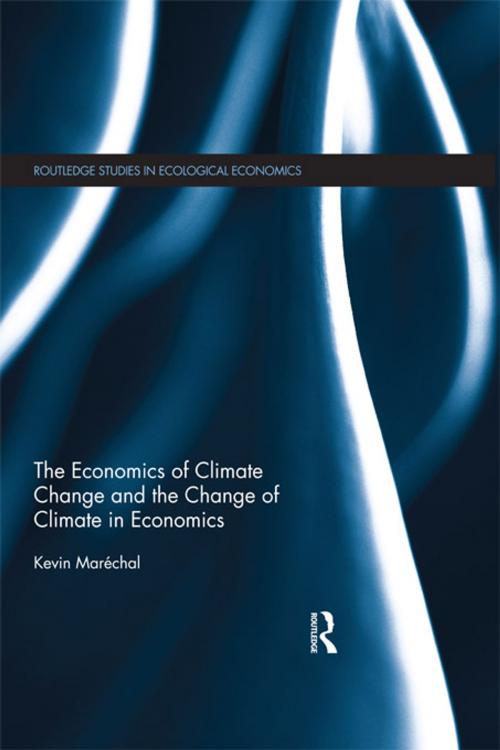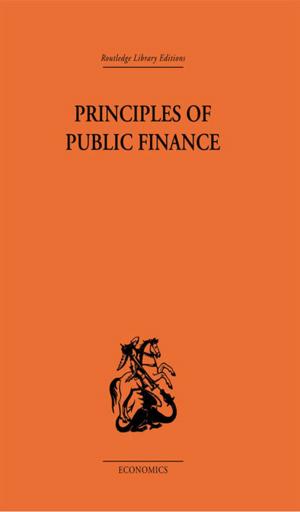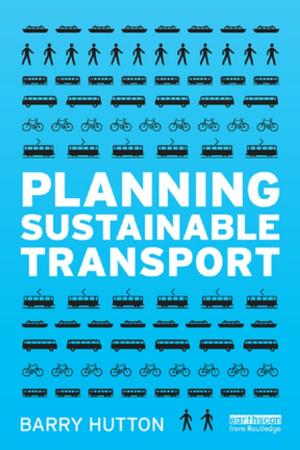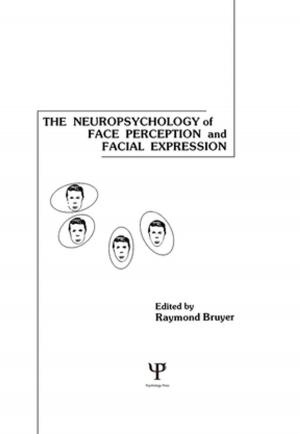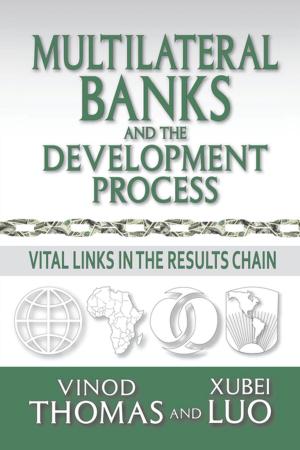The Economics of Climate Change and the Change of Climate in Economics
Business & Finance, Economics, Sustainable Development| Author: | ISBN: | 9781136305078 | |
| Publisher: | Taylor and Francis | Publication: | May 2, 2013 |
| Imprint: | Routledge | Language: | English |
| Author: | |
| ISBN: | 9781136305078 |
| Publisher: | Taylor and Francis |
| Publication: | May 2, 2013 |
| Imprint: | Routledge |
| Language: | English |
Climate change is without question the single most important issue the world faces over the next hundred years. The most recent scientific data have led to the conclusion that the globally averaged net effect of human activities since 1750 has been one of warming and that continued greenhouse gas emissions at or above current rates would cause this process to continue to the severe detriment of our environment. This unequivocal link between climate change and human activity requires an urgent, world-wide shift towards a low carbon economy and coordinated policies and measures to manage this transition.
The starting point and core idea of this book is the long-held observation that the
threat of climate change calls for a change of climate in economics. Inherent characteristics of the climate problem including complexity, irreversibility and deep uncertainty challenge core economic assumptions and mainstream economic theory appears inappropriately equipped to deal with this crucial issue.
Kevin Maréchal shows how themes and approaches from evolutionary and ecological economics can be united to provide a theoretical framework that is better suited to tackle the problem.
Climate change is without question the single most important issue the world faces over the next hundred years. The most recent scientific data have led to the conclusion that the globally averaged net effect of human activities since 1750 has been one of warming and that continued greenhouse gas emissions at or above current rates would cause this process to continue to the severe detriment of our environment. This unequivocal link between climate change and human activity requires an urgent, world-wide shift towards a low carbon economy and coordinated policies and measures to manage this transition.
The starting point and core idea of this book is the long-held observation that the
threat of climate change calls for a change of climate in economics. Inherent characteristics of the climate problem including complexity, irreversibility and deep uncertainty challenge core economic assumptions and mainstream economic theory appears inappropriately equipped to deal with this crucial issue.
Kevin Maréchal shows how themes and approaches from evolutionary and ecological economics can be united to provide a theoretical framework that is better suited to tackle the problem.
